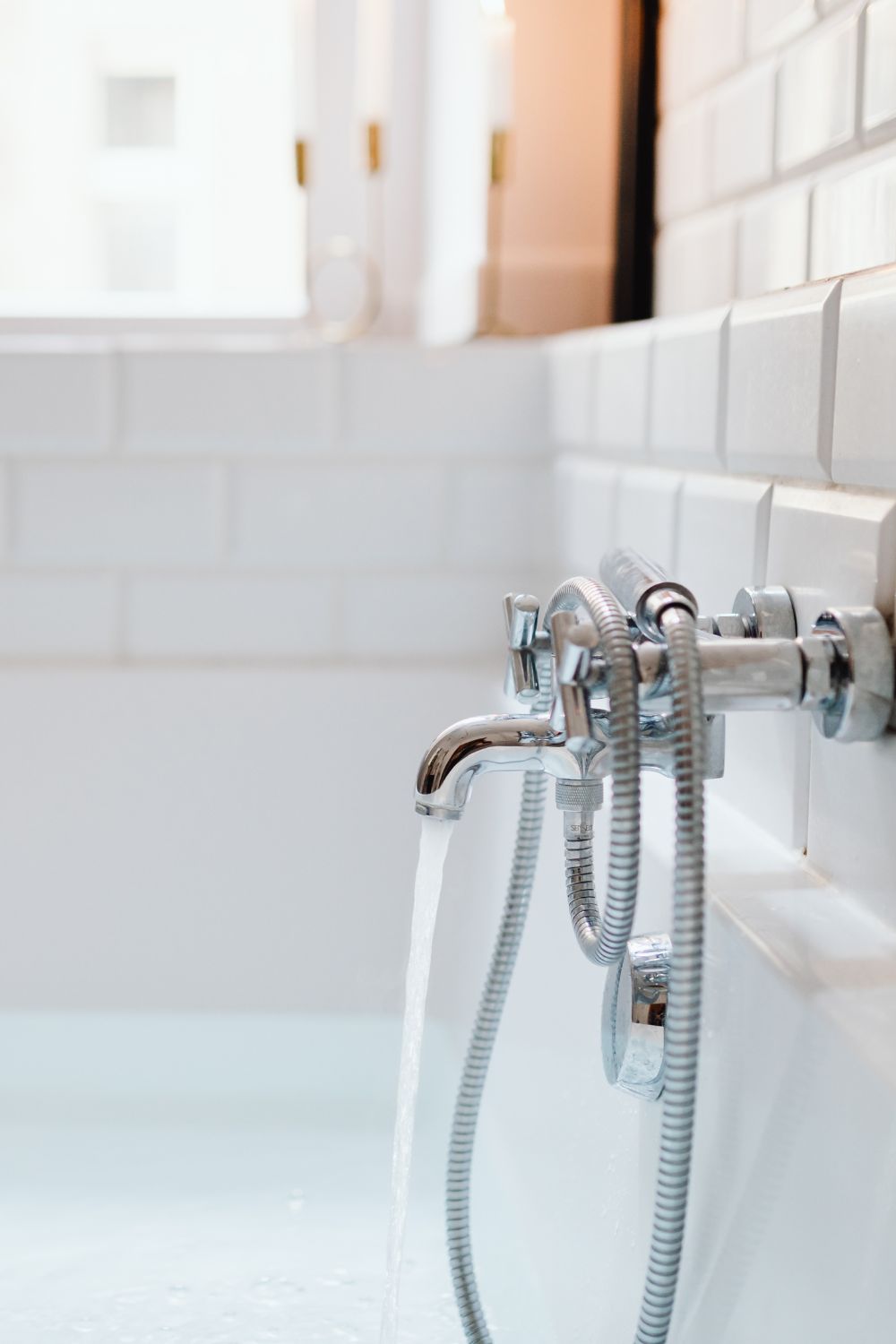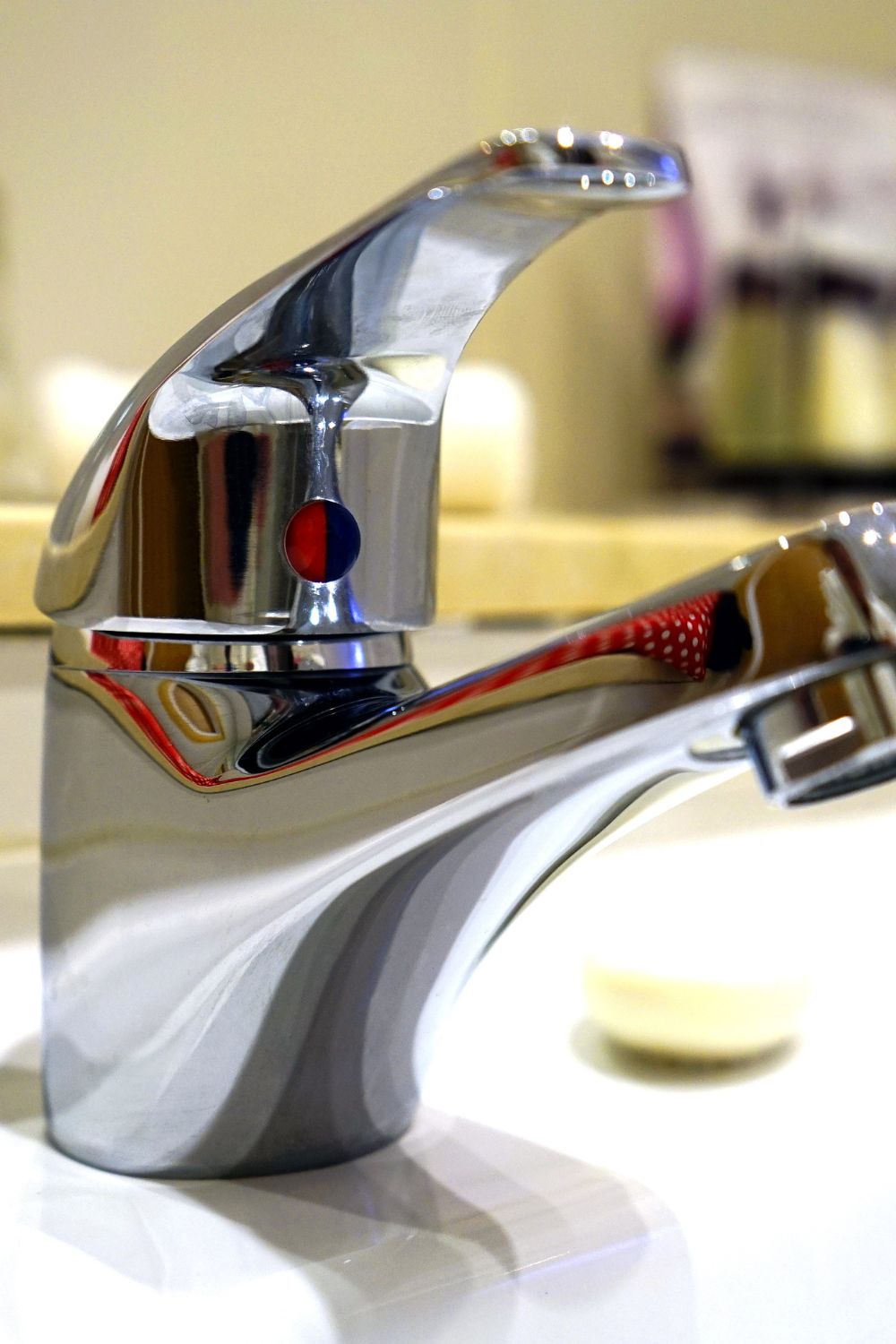Are you looking for ways to get ahead of Common Plumbing Issues and How to Fix Them? Then head below to check them out.
Common Plumbing Issues and How to Fix Them
Key Takeaways:
- Identify common plumbing problems early to prevent costly repairs.
- Learn simple DIY solutions for minor plumbing issues.
- Understand when it’s necessary to call a professional plumber.
Introduction
Many homeowners face plumbing issues at some point. While some problems are minor and can be handled with essential tools and some know-how, others may require the expertise of a plumbing company to ensure the problem is fixed correctly. Addressing plumbing issues early can help prevent more severe damage and save money in the long run.
This article will explore some of the most common plumbing problems and provide DIY solutions where applicable. We’ll also discuss when to call a professional to handle the job. Let’s dive into these common issues and how to tackle them effectively.
Leaky Faucets
One of the most common plumbing issues homeowners face is a leaky faucet. Besides the constant dripping, which can be annoying, leaks can lead to higher water bills. Usually, a dripping tap is the result of a worn-out washer. Changing the washer is a simple job that most individuals can complete independently. Turning off the water supply, removing the faucet, and swapping out the old washer for a new one is straightforward.
However, if the problem persists, it may be time to call a professional. A dripping faucet not only results in water wastage but may also signal larger problems in your plumbing. Frequent leaks can cause harm to your house such as water damage, mold development, and problems with the structure.
Running Toilets
A running toilet can be a significant inconvenience and water waste. Often, the culprit is a faulty flapper valve. In most cases, replacing this inexpensive part will solve the issue. It’s a simple repair that involves removing the old flapper and installing a new one, ensuring it’s adequately seated to create a watertight seal.
If the toilet continues to run after replacing the flapper, you might have a more severe issue that requires a professional. Continuous running can cause significant water waste and increase your utility bills. Addressing this issue promptly is crucial in order to prevent unnecessary expenses and potential harm to your plumbing system.
Slow Draining Sink
A blockage in the drain often causes a slow-draining sink. A blockage in the drain often causes a slow-draining sink. Hair, soap scum, and other debris can accumulate over time, slowing the water flow. You can usually fix this using a plunger or a plumber’s snake. Using a plunger can clear minor blockages, while a plumber’s snake is more effective for more challenging clogs deep in the drain. It is essential to limit the use of chemical drain cleaners because they have the potential to harm pipes with continued use.
Routine upkeep, like employing a drain guard to trap debris, can aid in preventing the development of blockages. Periodic cleaning with natural solutions like baking soda and vinegar can keep drains flowing freely. By taking these preventative measures, you can avoid the hassle of dealing with slow-draining sinks. Experts working for a drain repair company always teach homeowners to stay consistent with simple maintenance habits that protect their pipes. These practices help extend the lifespan of drainage systems and reduce the need for emergency repairs.
Low Water Pressure
Low water pressure can be frustrating, often resulting from build-up within the pipes or issues with the municipal water supply. The aerator might be clogged if the low pressure is localized to a single fixture. Cleaning or replacing the aerator can restore normal water flow. For more tips on addressing low water pressure. It’s a simple fix that can significantly affect your water pressure.
Low water pressure throughout your home could indicate more systemic problems, such as pipe corrosion or significant leaks, requiring professional inspection and repair. Dealing with these problems quickly can restore regular water pressure and avoid additional harm to your plumbing system.
Water Heater Issues
A malfunctioning water heater can result in either no hot water or insufficient hot water. Common problems include a faulty thermostat or a build-up of sediment in the tank. Although essential maintenance can address minor issues, major problems may require professional repair or replacement. Flushing your water heater regularly can help prevent sediment build-up and improve efficiency.
Regularly draining your water heater can reduce sediment accumulation and prolong the lifespan of the appliance. If you notice strange noises or irregular heating, it’s best to consult a professional. Regular and prompt maintenance and repairs can guarantee that your water heater will continue to supply consistent hot water for your household.
Clogged Toilet
Clogged toilets are frequent and can often be resolved with a plunger. If a plunger isn’t practical, a toilet auger might do the trick. A drill can reach deeper into the toilet drain to remove more stubborn clogs. However, persistent clogs indicate a more serious problem within your sewer line and require a professional plumber to address.
To prevent clogs, avoid flushing non-flushable items, and consider regular maintenance checks to ensure your plumbing system is in good working order. Preventative measures, such as using septic-safe toilet paper and avoiding overloading the toilet, can help reduce the likelihood of clogs.
Dripping Showerheads
Similar to leaky faucets, dripping showerheads are usually caused by worn-out or damaged washers. Replacing these parts often eliminates the drip. It’s a simple fix that involves removing the showerhead, replacing the washer, and reattaching it. If the issue persists, it could mean a more significant issue that needs professional attention.
Regular inspection of your showerhead and prompt replacement of worn parts can help maintain efficient water usage and prevent leaks. Making sure your showerhead is installed and maintained correctly can increase its longevity and lower water usage.
Garbage Disposal Issues
Garbage disposals can get jammed or clogged, leading to odors and inefficient waste disposal. Turn off the unit and check for obstructions before attempting repairs. Clearing visible obstructions and using a special wrench to rotate the flywheel can help resolve jams. Regularly cleaning and running cold water during usage can help maintain your disposal.
Using your garbage disposal properly and avoiding hard, fibrous, or starchy foods can help prevent jams and prolong the unit’s lifespan. Disposing of only appropriate food waste and regularly cleaning the unit can also help it function efficiently and reduce the risk of clogs.
Conclusion
While many common plumbing issues can be resolved with DIY fixes, knowing when to call a professional plumber in Ohio is essential. Early intervention and proper maintenance can save time and money and prevent severe damage to your home. Regular inspections and prompt attention to minor issues can go a long way in keeping your plumbing system in top shape.
By being proactive and addressing plumbing problems as soon as they arise, you can maintain a functional and efficient plumbing system, ensuring the comfort and safety of your home.


Leave A Reply!